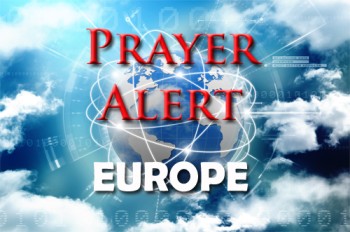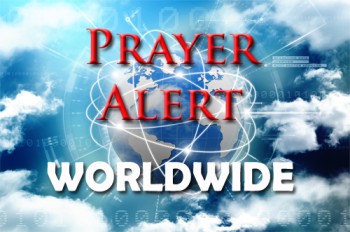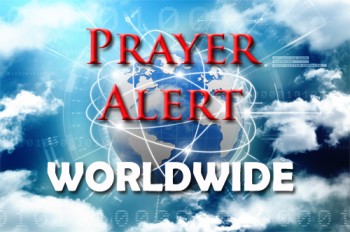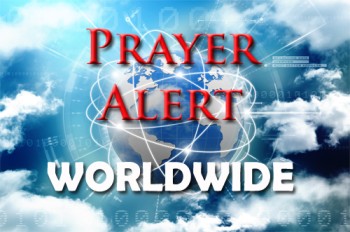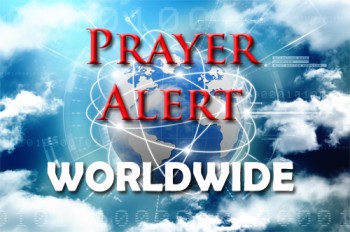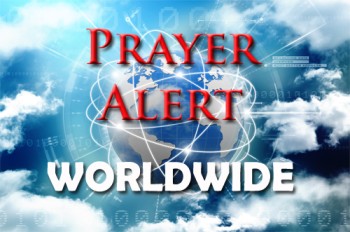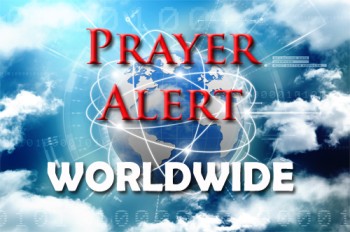Germany: early election after no-confidence vote
The chancellor, Olaf Scholz, has lost a vote of no confidence in the German parliament, resulting in an early election which will take place on 23 February. Although he expected the loss, Scholz saw this as an opportunity to rejuvenate his party’s fortunes; after the collapse of his three-party coalition government in November, his minority administration has struggled to pass legislation. His Social Democratic Party (SDP) is lagging in the polls, while the conservative Christian Democratic Union (CDU) seems poised to return to power. Following the vote, the president has 21 days to dissolve parliament. This early election campaign will focus on key issues such as the economy, immigration, and taxes. The rise of radical parties, like the hard-right Alternative for Germany (AfD) which is currently polling at almost 20%, adds complexity to coalition-building efforts, as the mainstream parties struggle to form a stable government.
Mayotte: aftermath of Cyclone Chido
France has intensified relief efforts in Mayotte, with 120 tonnes of food scheduled for distribution. The Indian Ocean archipelago, France's poorest territory, has been under a curfew due to looting and lawlessness following Cyclone Chido’s destructive landfall. Thousands of residents in the capital Mamoudzou are working to repair their homes, while entire communities in the shantytowns have been destroyed. Although the cyclone, the most powerful in ninety years, has led to numerous deaths, with hundreds feared dead, only 22 fatalities have been confirmed due to the inaccessibility of many areas. The situation is further complicated by uncertainty around the population size, with many undocumented migrants from Comoros and Madagascar. Health experts say they are bracing for a surge of disease as dead bodies lie unrecovered and people struggle to access clean drinking water.
Gaza: closer to a ceasefire deal?
After months of deadlock, there are new signs that Israel and Hamas could be moving closer to a Gaza ceasefire and hostage release deal. The USA, Qatar, and Egypt are reporting greater willingness by both sides to conclude a deal. Talks are reportedly in a decisive stage. Israel’s defence minister has indicated that they are close to an agreement, though challenges remain, including far-right Israeli cabinet opposition and Hamas's conditions. A three-phase plan proposes releasing civilian and women hostages, with Israeli troop withdrawals and a mechanism for displaced Gazans to return. Subsequent stages include freeing remaining hostages and a broader troop withdrawal. Of 96 hostages in Gaza, 62 are believed to be still alive; a hundred others have been freed through negotiation or military action. The negotiations have been given a new push by Donald Trump’s election; he has warned that a ceasefire deal should be reached before he takes office, because otherwise ‘it’s not going to be pleasant’.
Nigeria: authorities seek to combat oil theft
In the Niger Delta, rampant oil theft continues to threaten local livelihoods and the national economy. Armed groups siphon crude oil from pipelines in the region, often operating with impunity and even security cover. These activities cause environmental devastation, health crises, and economic losses. In 2022, Nigeria lost $23 billion to oil theft, so that it lost its position as Africa's top oil exporter. The authorities are committed to fighting this problem by deploying gunboats, engaging vigilantes, and supporting the navy. Increased oil production, now averaging 1.8 million barrels per day, has been attributed to these efforts. However, poverty and unemployment continue to drive pipeline vandalism. Nigeria's inflation rate, worsened by a devalued naira, remains high, but there is official optimism that rising oil output will stabilise the economy.

